The intransigence of Maxwell Davies, Boulez and Stockhausen is coming home to roost. Here were three composers, famous if not exactly popular, who called many shots by the time they died yet whose works were little loved in their lifetimes by the concert-going public and stand little chance of performance now they are dead. How was such imbalance possible?
The intransigence had a lot to do with it. People thrill to a bold stance, and they don’t come much bolder than Boulez and Stockhausen in the Sixties. To be fair, Max was a very British version of this attitude. When Boulez died, the French press focused on a national hero whose main achievement, it seemed, had been to impress generations of foreigners while building monuments in Paris, as a true Frenchman should. When Max died there wasn’t a single headline that didn’t mention the fact that he had been Master of the Queen’s Music. He wrote more music than Boulez and Stockhausen combined, but, unlike them, did not mop up untold sums of public money in the process. Indeed in money matters he was naive: in 2009 his manager was jailed for 18 months for embezzling half a million of his pounds. Max only discovered that something was wrong when an ATM refused his request for cash. But he was just as relentless as the others in the pursuit of his artistic goals. He was polite to everyone, a great signer of petitions for good causes. Behind the scenes, though, he just drove on. Max, like so many British composers, believed in musical line, and the wrapping of these lines into counterpoint. This doesn’t make his compositions easy to listen to, since he had no time for padding of any kind. It just doesn’t sound like anybody else’s highly dissonant music.
Both Max and Boulez were gay, which has caused it to be said that they kept their real selves hidden. Max’s lifestyle reads rather beautifully, if a little obsessively. His devotion to Orkney and the monk-like existence he led there (he didn’t have electricity for many years) gives a clue as to how he could have written so much for so long without deviation.
A retreat from this modernist cul-de-sac has come in various forms, of which the most pervasive and the most popular is holy minimalism. Arvo Pärt is said to be the most performed living composer. One can be sure that his music is both more loved and better known than any of the triumvirate’s — though they would have thought it a laughable cop-out. In fact, I think we are lucky to have Pärt, since otherwise the retreat has been headlong — countless composers writing in a soft-harmony idiom that justifies its superficial ‘loveliness’ by setting religious words. These are the fruits of doctrinaire arrogance.
Got something to add? Join the discussion and comment below.
Get 10 issues for just $10
Subscribe to The Spectator Australia today for the next 10 magazine issues, plus full online access, for just $10.
You might disagree with half of it, but you’ll enjoy reading all of it. Try your first month for free, then just $2 a week for the remainder of your first year.

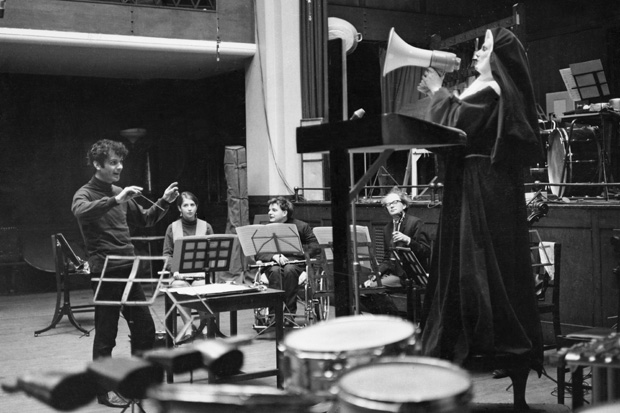
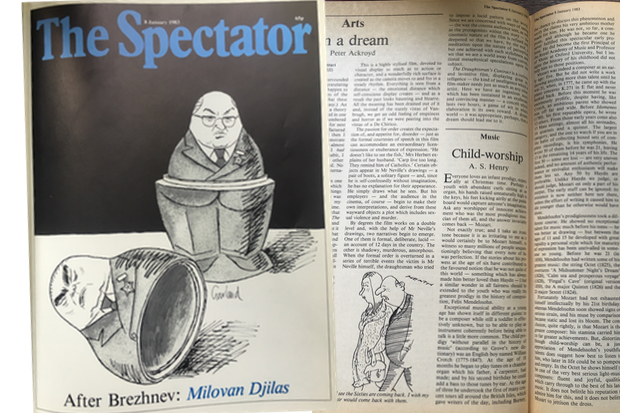
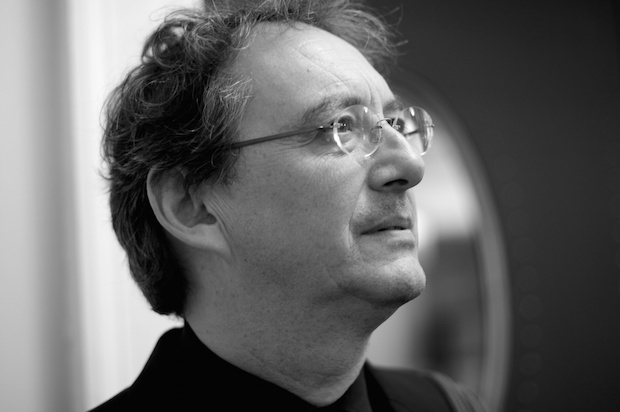
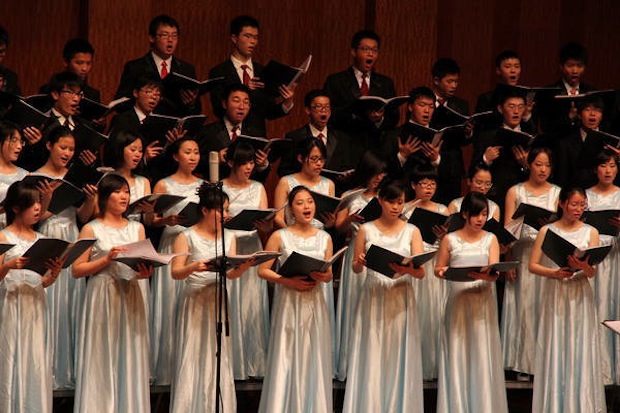
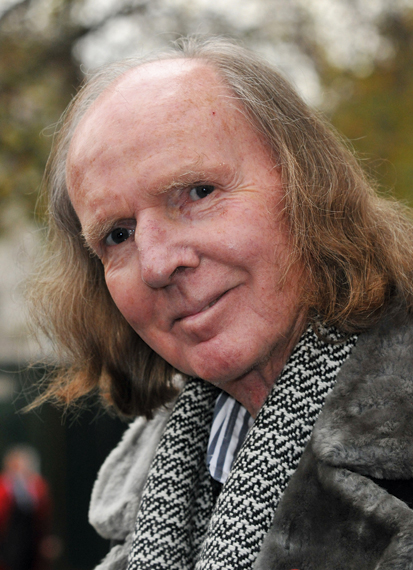








Comments
Don't miss out
Join the conversation with other Spectator Australia readers. Subscribe to leave a comment.
SUBSCRIBEAlready a subscriber? Log in